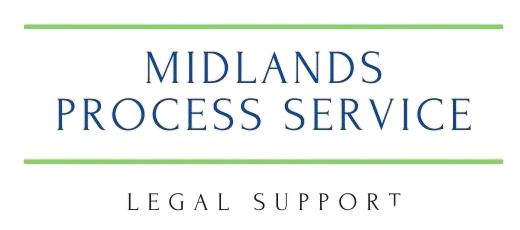Promoting Your Brand
Write about something you know. If you don’t know much about a specific topic that will interest your readers, invite an expert to write about it.
Speak to your audience
Take a few moments to plan your post
Don’t forget to add images
Edit carefully before posting
You know your audience better than anyone else, so keep them in mind as you write your blog posts. Write about things they care about. If you have a company Facebook page, look here to find topics to write about
Once you have a great idea for a post, write the first draft. Some people like to start with the title and then work on the paragraphs. Other people like to start with subtitles and go from there. Choose the method that works for you.
Be sure to include a few high-quality images in your blog. Images break up the text and make it more readable. They can also convey emotions or ideas that are hard to put into words.
Once you’re happy with the text, put it aside for a day or two, and then re-read it. You’ll probably find a few things you want to add, and a couple more that you want to remove. Have a friend or colleague look it over to make sure there are no mistakes. When your post is error-free, set it up in your blog and publish.


